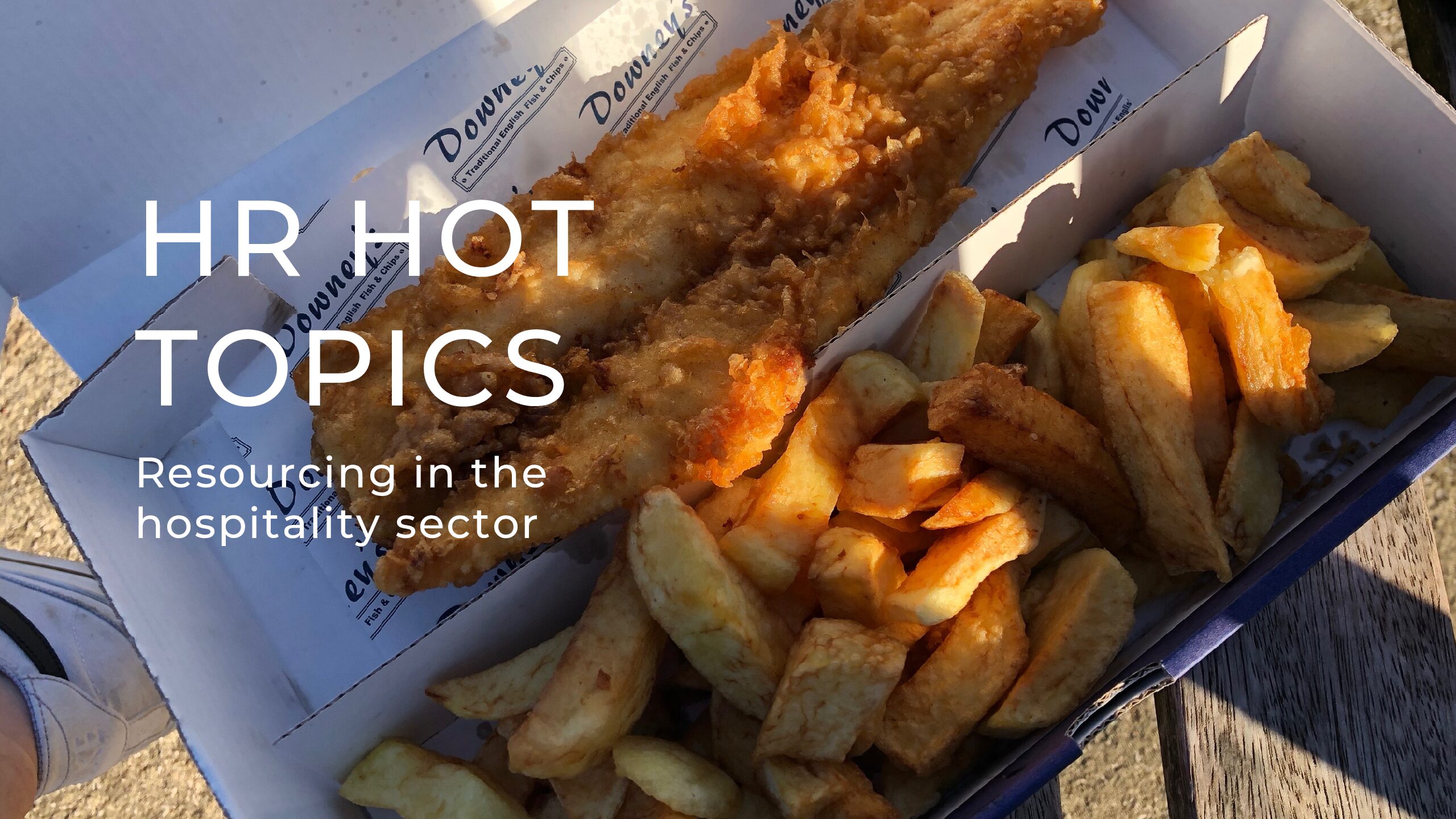With most UK organisations still struggling to fill key roles (ManpowerGroup’s Talent Shortage survey 2023) and no sign of the situation easing in the short-term, a recent airing of The Hidden World of Hospitality with Tom Kerridge gave an insight into what organisations in that sector are doing.
The cafes, restaurants, hotels, pubs, bars and clubs of the industry are often viewed from the outside world as employers of a low skilled and often transient workforce. And with a generally low consideration of how they attract and retain staff (think zero hours contracts!). Tom looks at three such organisations, a London Hotel, a North East-based seafood restaurant and his own group of businesses, and shows how this is not the case.
Good Hotel London
Located on the banks of the Thames, the Good Hotel (a floating hotel) recruits local unemployed people and puts them through a training programme – four weeks in the classroom and three months on the job. Newham, where the hotel is based, has one of the highest unemployment rates in the UK and the Good Hotel aims to create ‘human value by being financially successful’.
The programme highlights the essential role of line managers, training, guidance and support, with hotel aiming for a family infrastructure. At the end of the programme trainees can apply to a permanent role, with no tie in beyond that. Of the 133 locals trained so far, 70% have stayed in the industry. And it’s this latter point that’s interesting as the hotel is looking beyond their immediate needs, instead developing a workforce for the sector whilst achieving social impact.
Colin’s fish and chips
Established in 1926, this South Shields family business includes a traditional fish and chip shop and a high-end seafood restaurant. Staff retention is high with team member Alan cited as an example with 44 years’ service. As you might expect, family is the approach taken to the team and this underpins the customer experience of the business as part of the community.
Whilst joking they ‘can’t get rid of’ some staff, the business does identify that ‘great operations keep great staff’ and the need to provide value beyond pay.
Tom’s business
Perhaps the most interesting is Tom Kerridge’s business, which includes The Hand & Flowers (two Michelin stars) and The Coach (one star) restaurants and a catering company. They make use of apprenticeships, giving each apprentice experience in three of the four areas of the business.
Whilst not unusual, Tom illustrates the longer-term value of training and retention, citing the network of staff developed over 18 years – a network that can be called on to deliver. The programme follows Tom and some of this network of employees in providing catering for the Formula One racing in Monaco, illustrating the value of skills, knowledge and relationships.
Summary
Whilst very different to a lot of industries, this programme illustrates some innovative ways in which organisations can meet their resourcing needs, especially through taking a strategic and longer-term view. It’s not just about filing a role, it’s about development and how staff are supported and engaged, and the value they gain.
Key learnings:
- Approaches are more effective when linked with organisational ethos and the wider impact on the sector.
- The need to provide a support system and positive culture beyond staff training.
- The positive impact of igniting interest in a career in the industry and not just a job.



